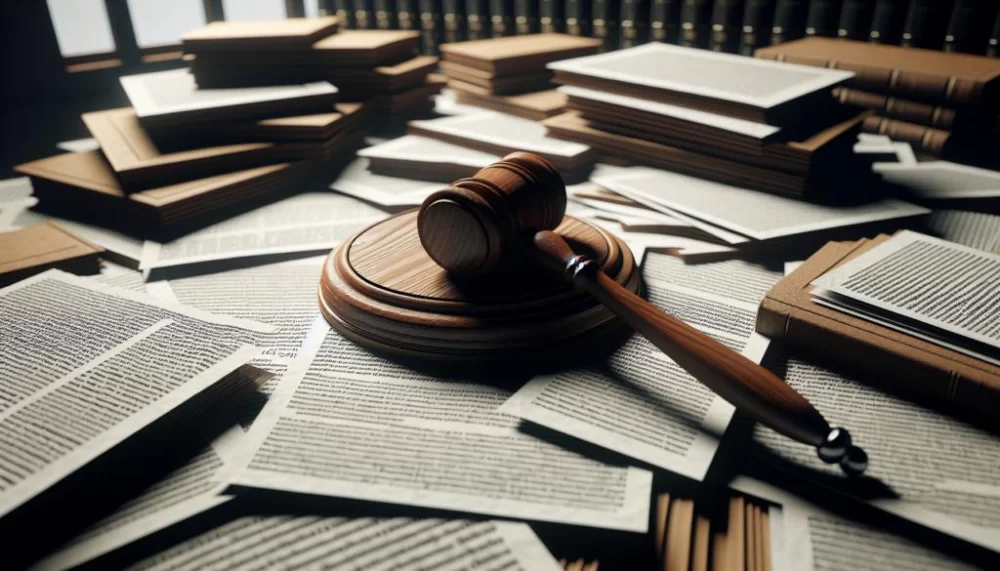
- 1-understanding-chapter-7-bankruptcy
- 2-creditor-rights-in-chapter-7
- 3-steps-creditors-should-take
- 4-bankruptcy-claims-and-prioritization
- 5-strategies-for-creditor-protection
- 6-how-esplawyers-can-help-creditors
1. Understanding Chapter 7 Bankruptcy
Chapter 7 bankruptcy is a legal process designed to liquidate a debtor’s assets to repay creditors as much as possible before discharging remaining debts. For creditors, understanding this process is crucial to protecting their financial interests. Unlike Chapter 11 or Chapter 13, Chapter 7 focuses on asset liquidation and is often initiated when a debtor cannot feasibly repay their debts over time.
As a creditor, knowing the timeline, legal requirements, and implications of Chapter 7 helps you anticipate outcomes and make informed decisions. The bankruptcy trustee plays a pivotal role by gathering assets and distributing proceeds to creditors according to a strict priority hierarchy.
2. Creditor Rights in Chapter 7
Creditors hold certain rights throughout the Chapter 7 bankruptcy process. These include the right to receive notice of the bankruptcy filing, the ability to file a proof of claim, and participation in creditors’ meetings. Secured creditors often have priority in reclaiming collateral, while unsecured creditors may receive only partial repayment or none at all.
Understanding these rights enables creditors to take timely actions such as objecting to the discharge of debts or challenging exemptions claimed by the debtor. Being proactive in asserting your rights can improve your chances of recovering funds.
3. Steps Creditors Should Take
Navigating Chapter 7 bankruptcy as a creditor involves several critical steps. First, ensure you file a proof of claim with the bankruptcy court by the deadline, detailing the amount owed. Attend the 341 meeting of creditors to question the debtor and trustee. Monitor the case docket for motions or asset sales that may affect your claim.
Failing to comply with procedural requirements can result in losing your claim. Therefore, careful attention to court notices and deadlines is essential. Engaging experienced legal counsel can provide guidance through these complex procedures.
4. Bankruptcy Claims and Prioritization
In Chapter 7, claims are paid according to a statutory priority scheme. Secured creditors with valid liens are generally paid first from the proceeds of their collateral. Priority unsecured creditors, such as certain tax obligations and employee wages, come next. Finally, general unsecured creditors receive any remaining funds, which are often limited.
This prioritization means unsecured creditors must be realistic about recovery prospects. However, understanding your classification can help tailor strategies, such as negotiating repayment plans or settlements when possible.
5. Strategies for Creditor Protection
Creditors can employ various strategies to maximize recovery in Chapter 7 cases. These include filing timely and accurate claims, investigating the debtor’s asset transfers prior to bankruptcy to contest fraudulent conveyances, and objecting to improper discharge of debts.
Sometimes, creditors may seek relief from the automatic stay to proceed with collection actions on secured property. Additionally, collaborating with other creditors can strengthen negotiating power in asset sales or restructuring efforts.
6. How ESPLawyers Can Help Creditors
Managing a Chapter 7 bankruptcy claim requires expertise in bankruptcy law and procedure. ESPLawyers offers comprehensive legal support to creditors, helping navigate filing claims, attending hearings, and protecting rights throughout the case. Our experienced attorneys provide personalized strategies to optimize debt recovery and minimize losses.
Partnering with ESPLawyers ensures timely action and professional advocacy, increasing your chances of a favorable outcome in challenging bankruptcy environments.
Conclusion: Protecting Your Interests When Navigating Chapter 7 Bankruptcy
Navigating Chapter 7 bankruptcy as a creditor demands knowledge, vigilance, and proactive strategies. Understanding your rights and the legal framework helps you assert claims effectively and protect your financial interests. By partnering with legal experts like ESPLawyers, you can confidently approach bankruptcy proceedings with a clear plan and expert guidance.
Stay informed, act promptly, and leverage professional support to turn the challenges of Chapter 7 into manageable opportunities for recovery.








